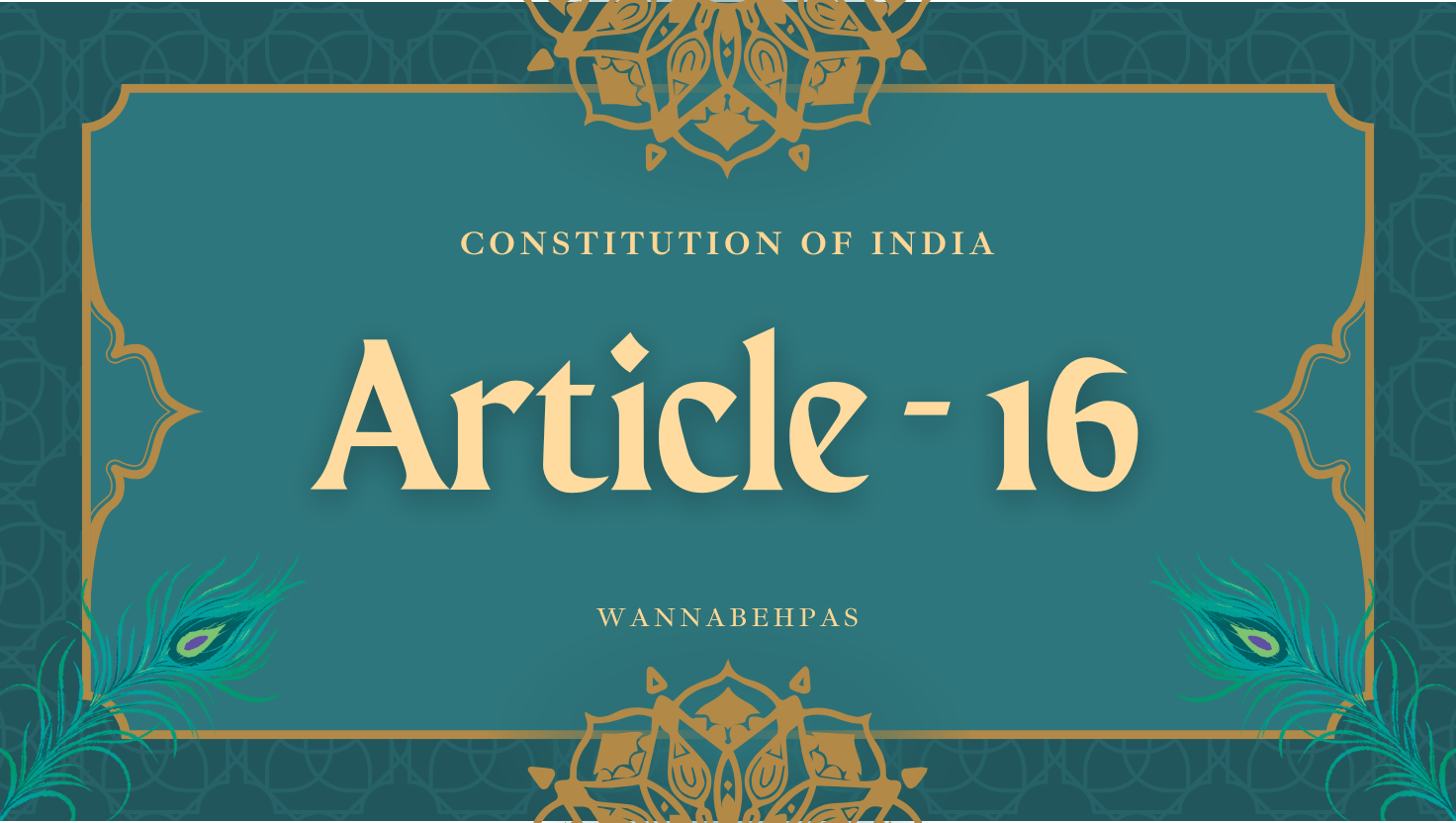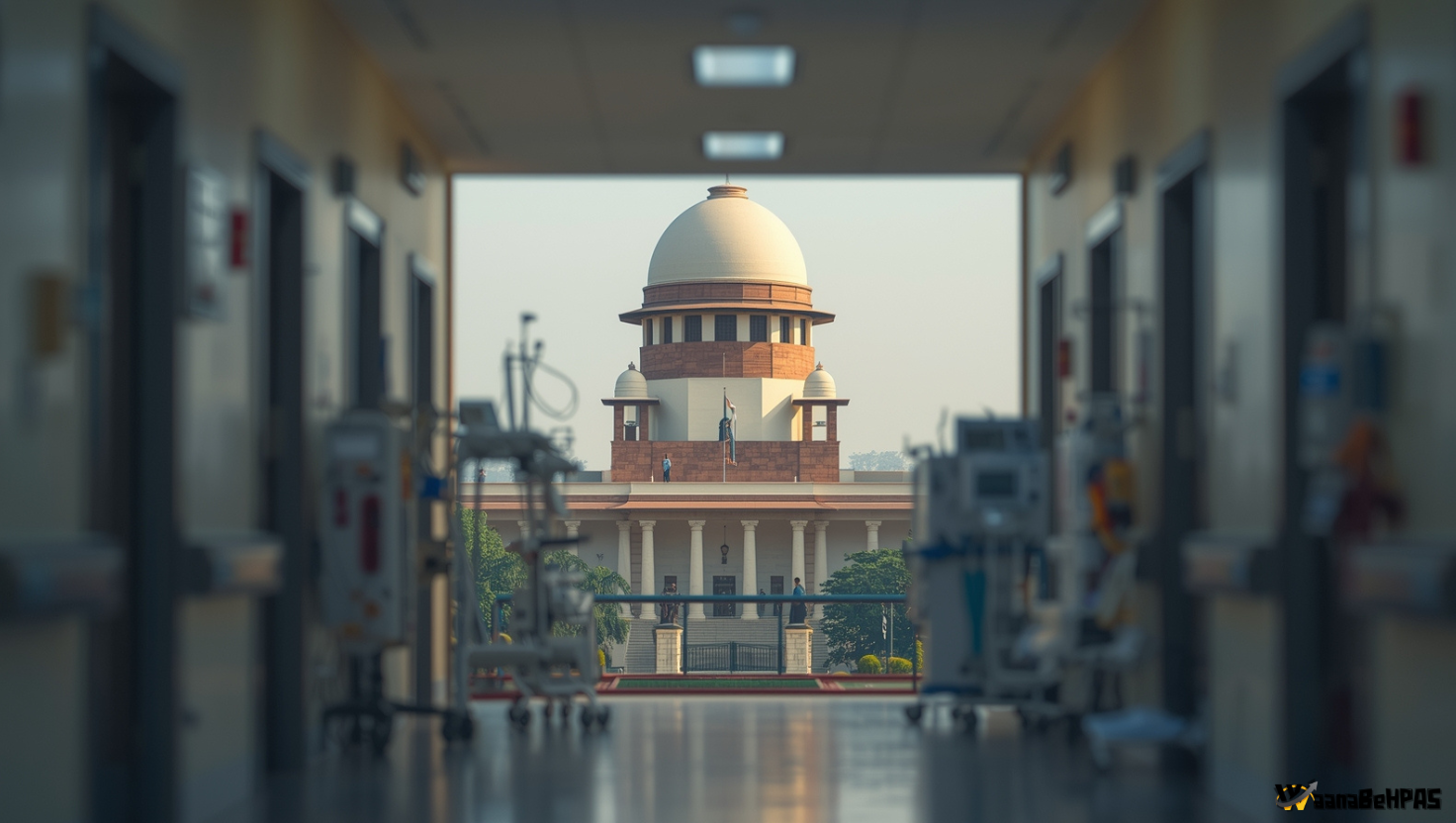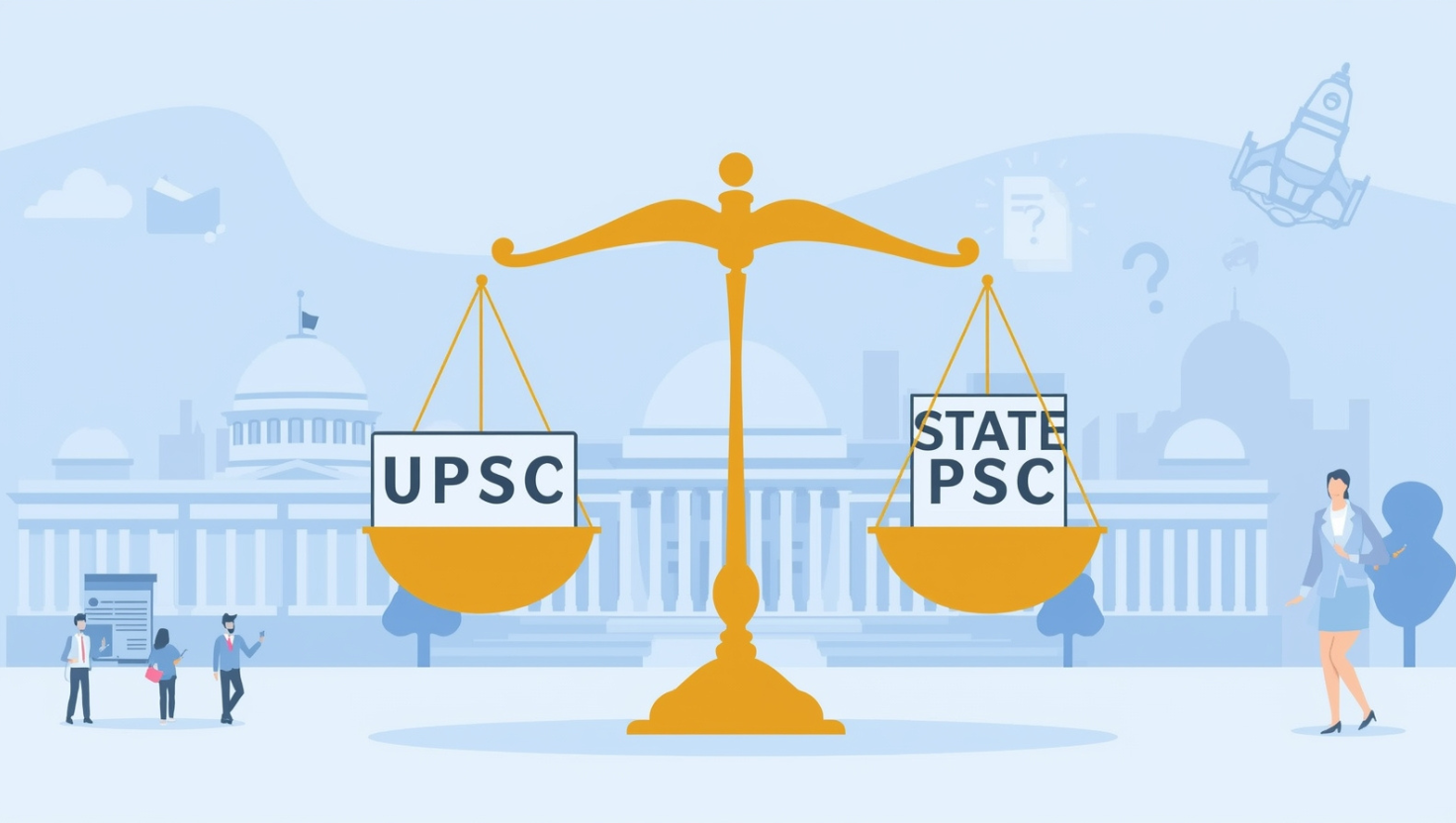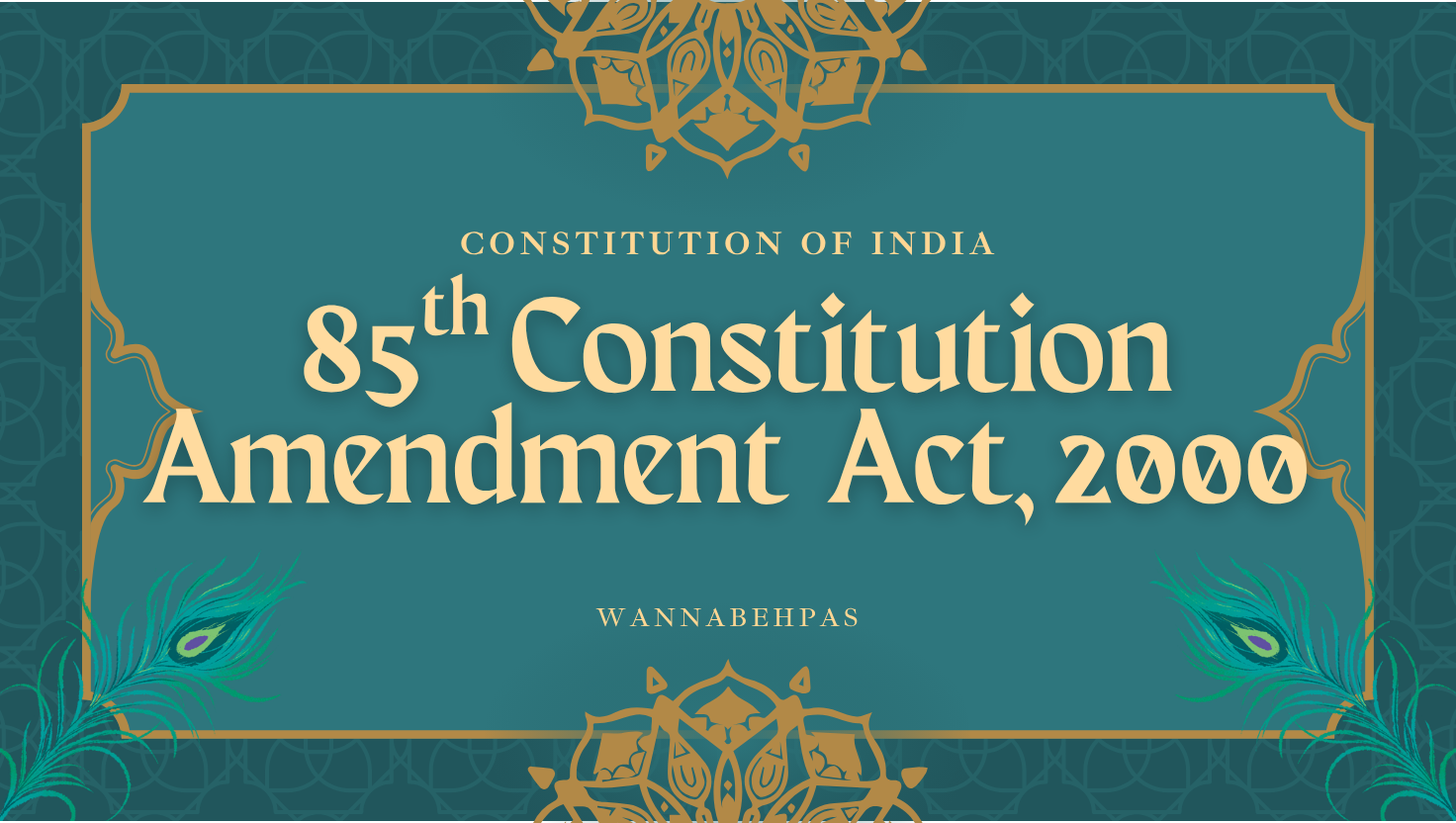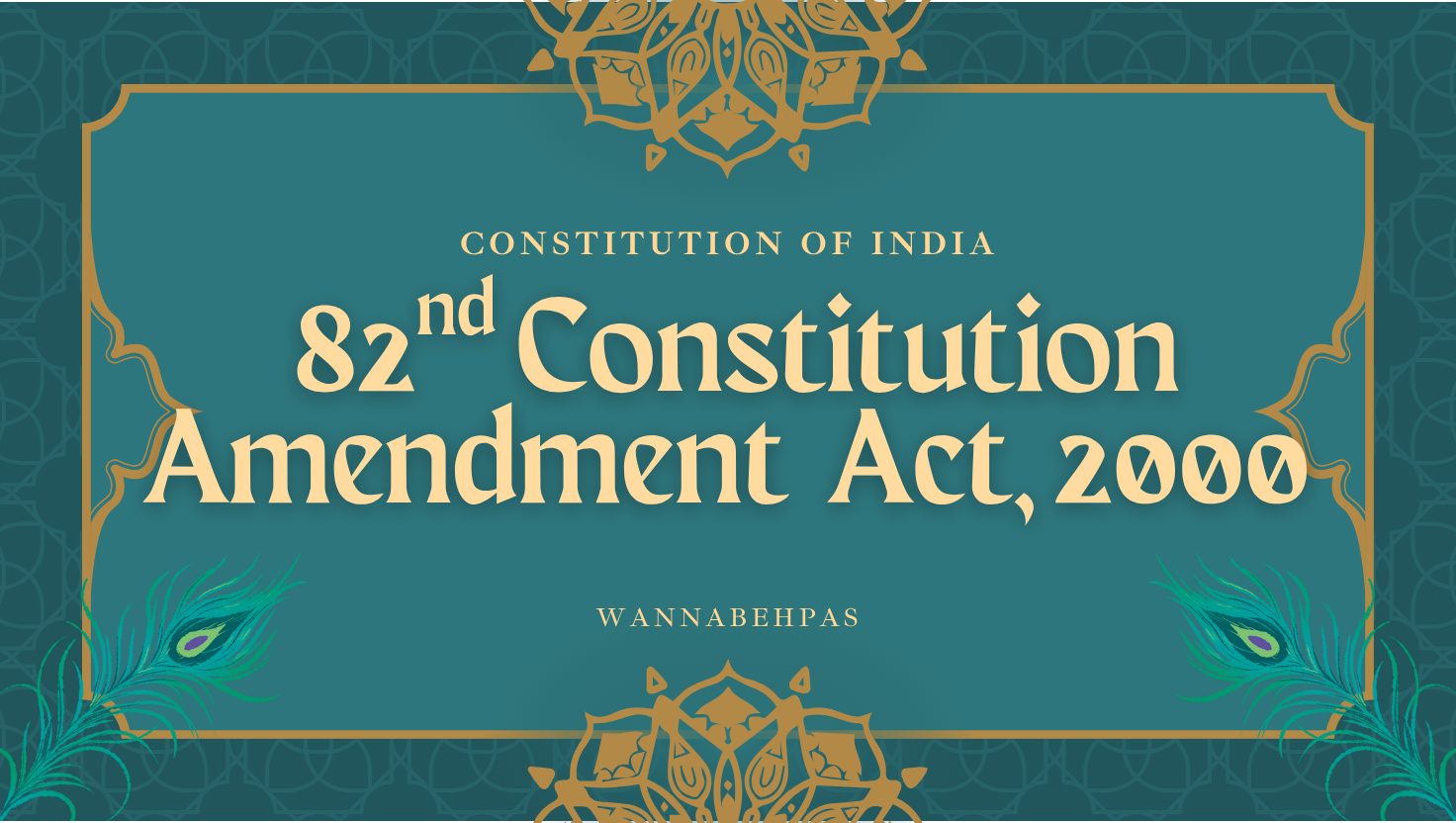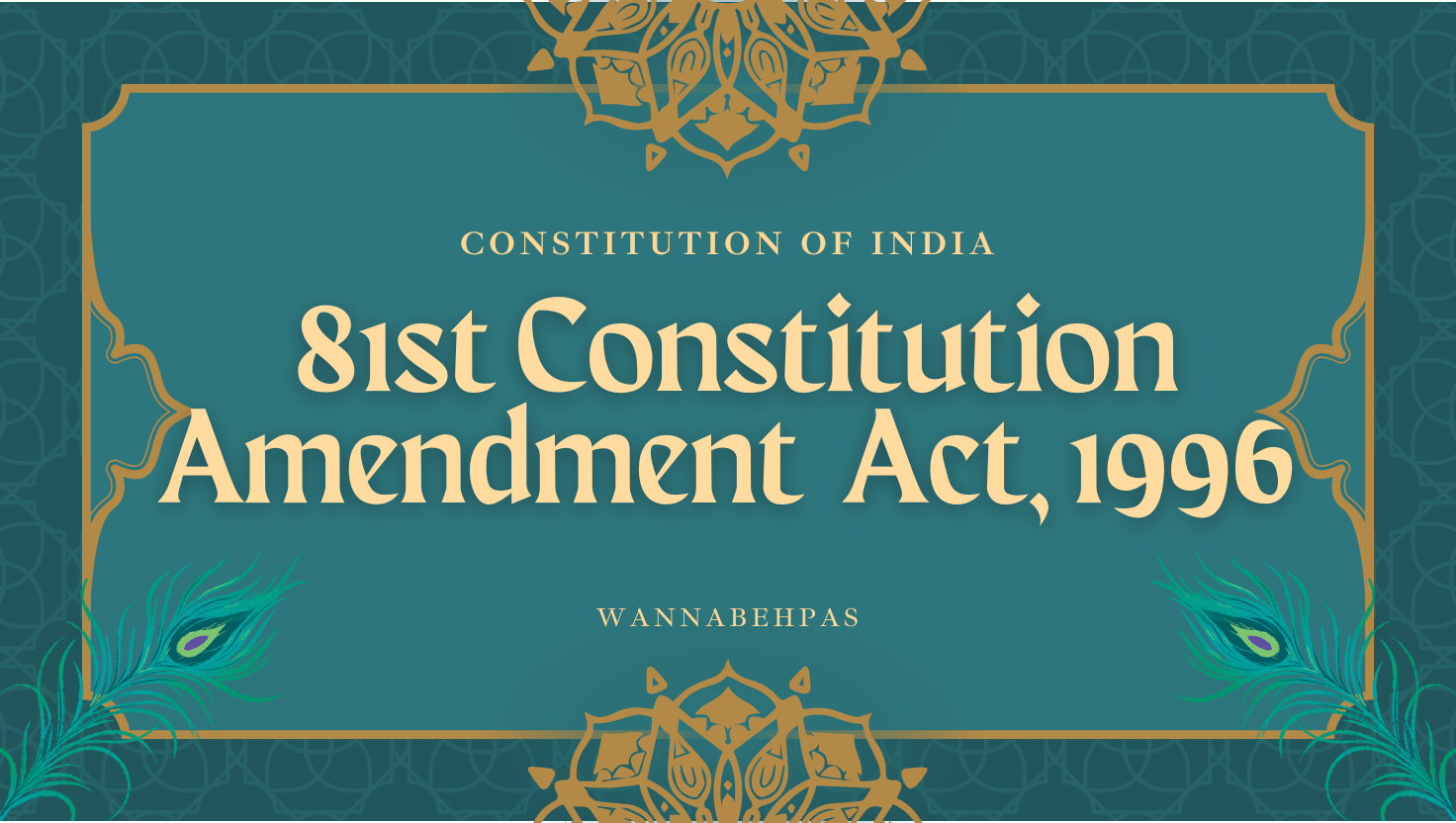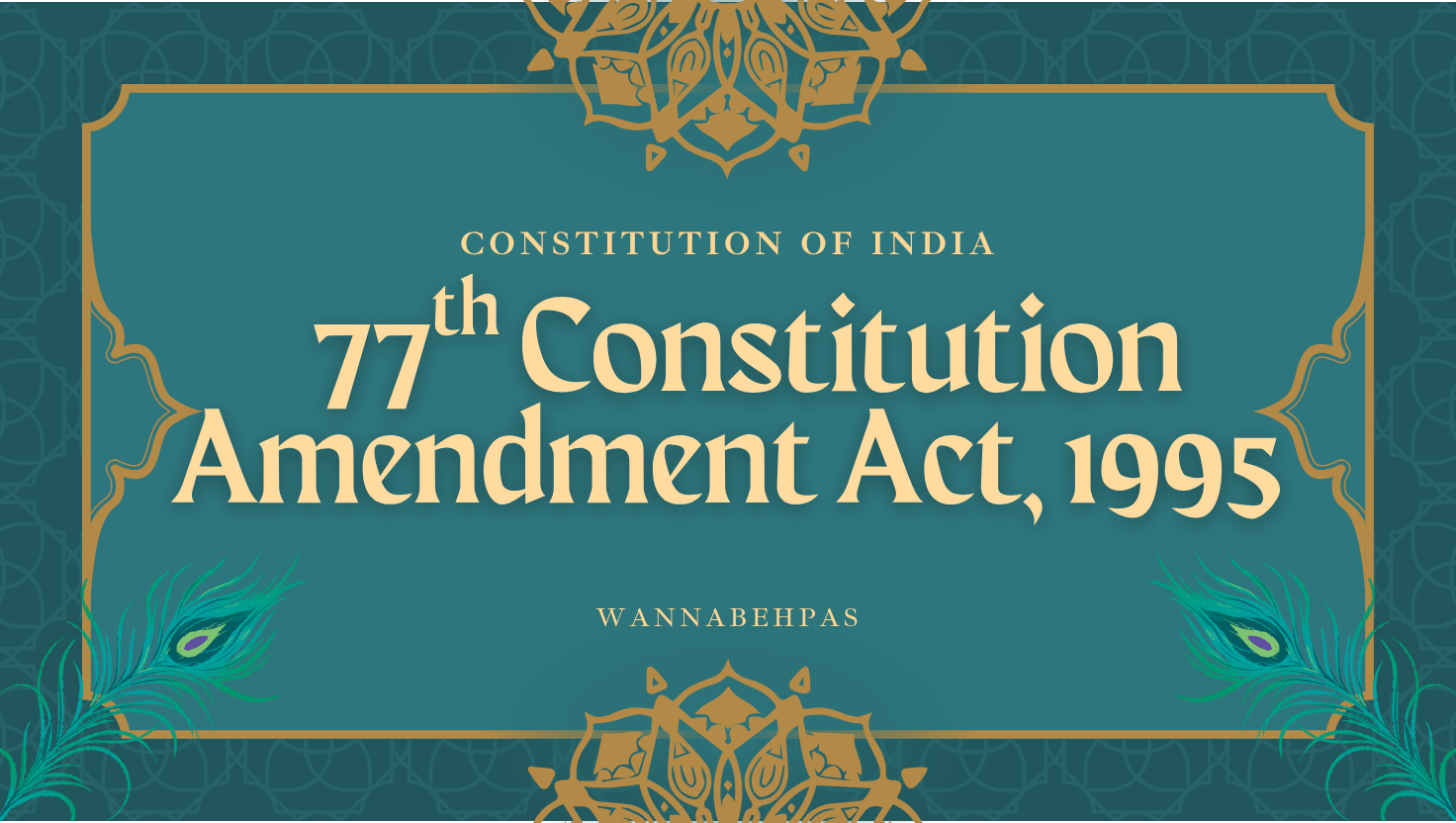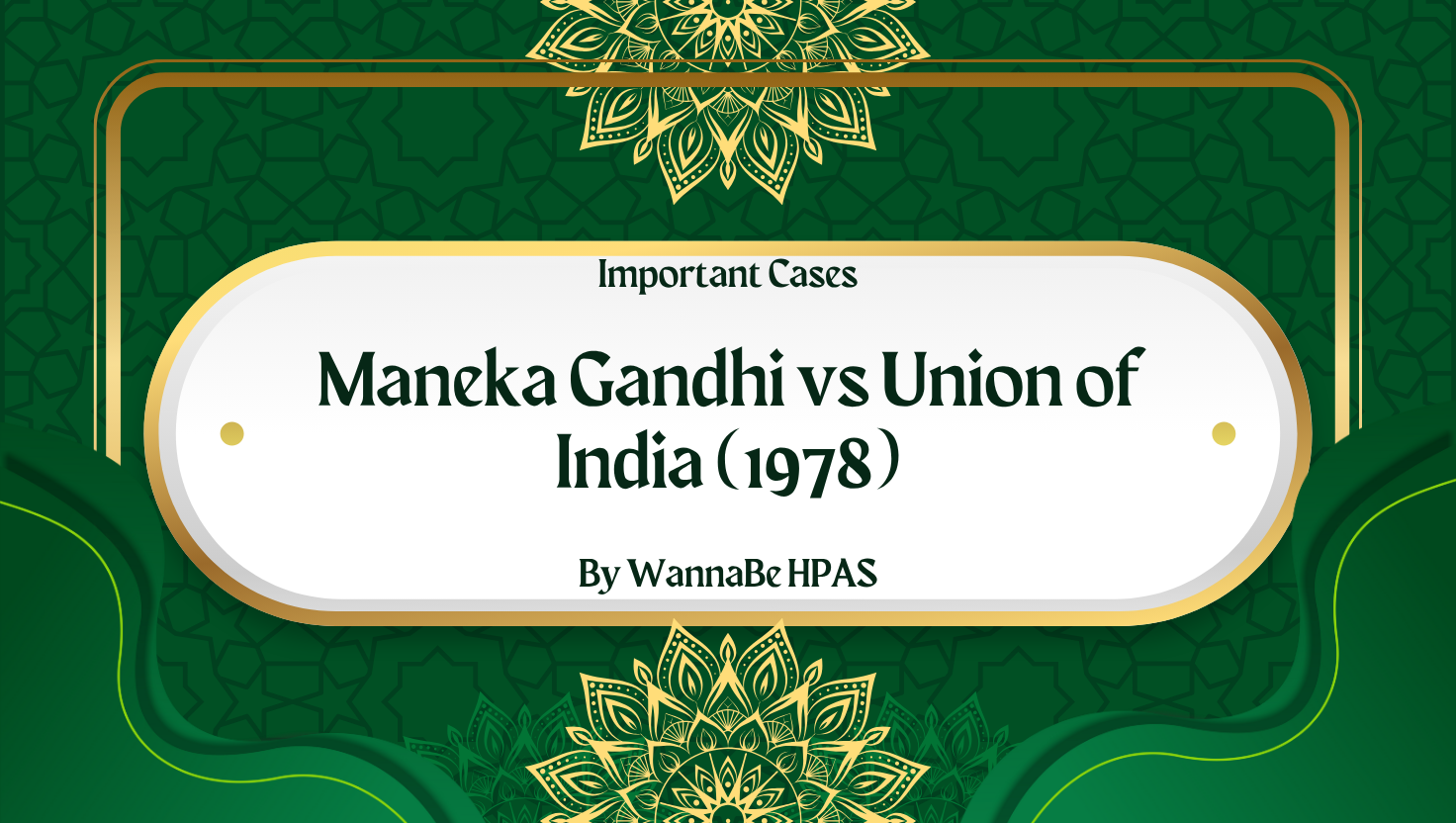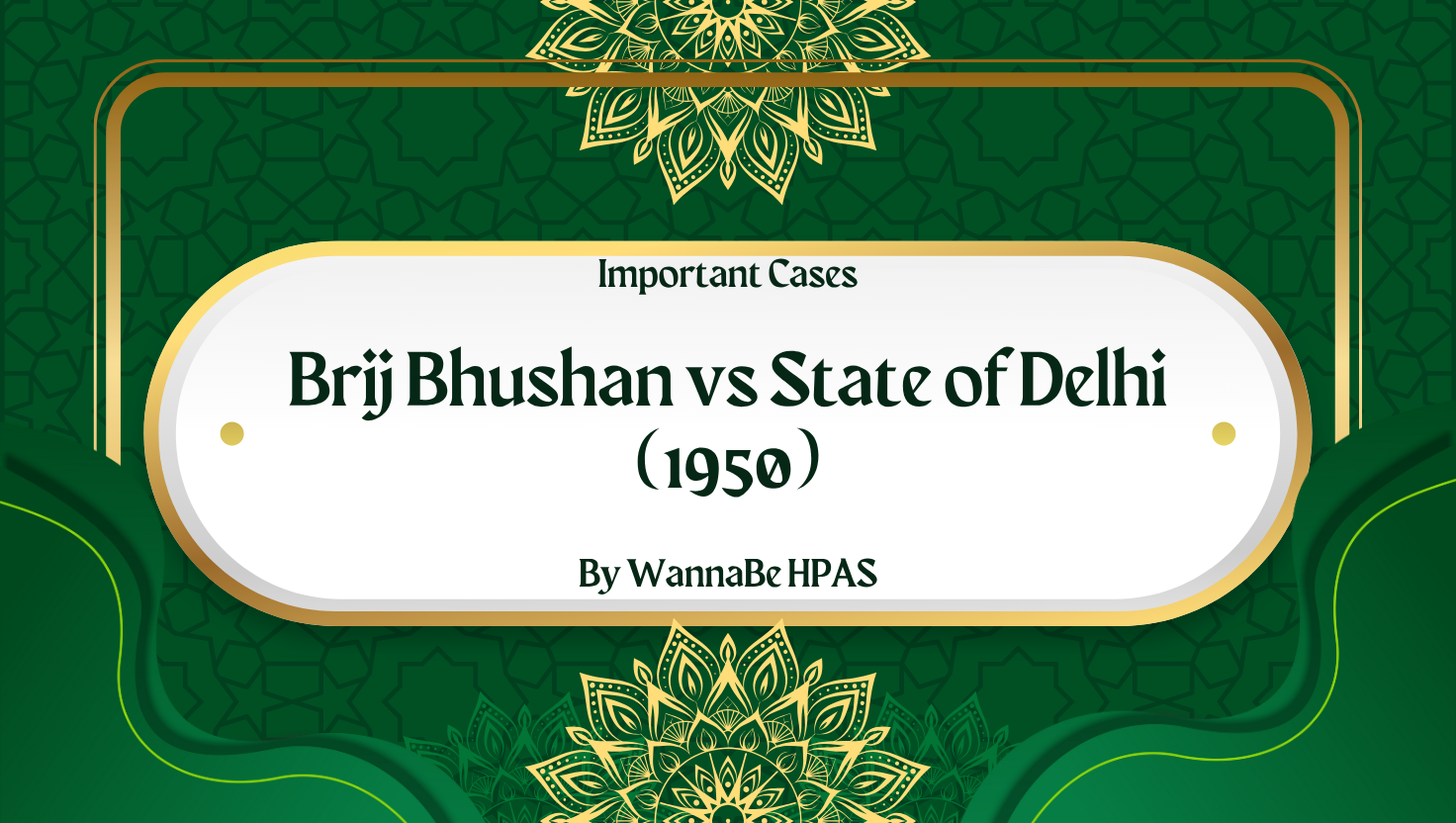Article 16: Equality of Opportunity in Public Employment
Syllabus: Polity – Fundamental Rights (Part III)
Source: Constitution of India
Context:
Article 16 of the Indian Constitution guarantees equality of opportunity in matters of public employment. It forms the backbone of India’s reservation system by balancing equality (Article 16(1) & 16(2)) with social justice (Articles 16(3)–16(6)).
Core Provisions of Article 16
- Equality of Opportunity (16(1)):
- All citizens shall have equal opportunity in matters of public employment.
- It ensures a level playing field, not a right to employment.
- Non-Discrimination (16(2)):
- No citizen shall be discriminated against only on the basis of religion, race, caste, sex, descent, place of birth, or residence.
- Residence Requirement (16(3)):
- Parliament may prescribe residence requirements for certain posts.
- Example: Local jobs in states/UTs.
- Reservation for Backward Classes (16(4)):
- State can reserve posts for backward classes not adequately represented in services.
- Basis for OBC reservations.
- Reservation in Promotions (16(4A)):
- Added by the 77th Amendment (1995).
- Allows reservation in promotions for SCs/STs (with consequential seniority added by 85th Amendment, 2001).
- Backlog Vacancies (16(4B)):
- Added by the 81st Amendment (2000).
- Allows unfilled reserved vacancies to be carried forward without being counted under the 50% ceiling.
- Religious/Denominational Offices (16(5)):
- Permits laws requiring office-holders of religious institutions to belong to that religion.
- EWS Reservation (16(6)):
- Added by the 103rd Amendment (2019).
- Provides up to 10% reservation for Economically Weaker Sections (EWS) outside SC/ST/OBC categories.
Key Judicial Interpretations
- State of Mysore v. Balaji (1963): Caste cannot be the sole criterion for backwardness.
- T. Devadasan v. Union of India (1964): Struck down unlimited carry forward of vacancies; upheld 50% ceiling.
- Indra Sawhney Case (1992):
- Upheld OBC reservation (27%).
- Introduced “creamy layer” exclusion.
- Capped total reservation at 50%.
- Held reservation in promotions unconstitutional (later overturned by amendments).
- M. Nagaraj v. Union of India (2006):
- Validated Articles 16(4A) & 16(4B).
- Required states to collect quantifiable data on backwardness, under-representation, and administrative efficiency.
- Janhit Abhiyan v. Union of India (2022):
- Upheld 103rd Amendment (EWS reservation).
- Clarified 50% ceiling is not absolute; can be breached in exceptional cases.
Important Constitutional Amendments Related to Article 16
- 77th Amendment (1995): Introduced Article 16(4A) – reservation in promotions.
- 81st Amendment (2000): Introduced Article 16(4B) – backlog vacancies.
- 85th Amendment (2001): Consequential seniority in promotions for SC/ST employees.
- 103rd Amendment (2019): Introduced 10% EWS reservation.
Significance for UPSC
- Ensures balance between equality of opportunity (meritocracy) and affirmative action (social justice).
- Forms the constitutional basis of India’s reservation system.
- Subject of major Supreme Court cases and constitutional amendments.
Conclusion
Article 16 embodies India’s attempt to harmonize formal equality with substantive equality. Through judicial rulings and constitutional amendments, it has evolved into a dynamic framework for reservations—addressing caste, socio-economic backwardness, and now economic weakness. It remains central to debates on merit vs social justice in Indian democracy.

